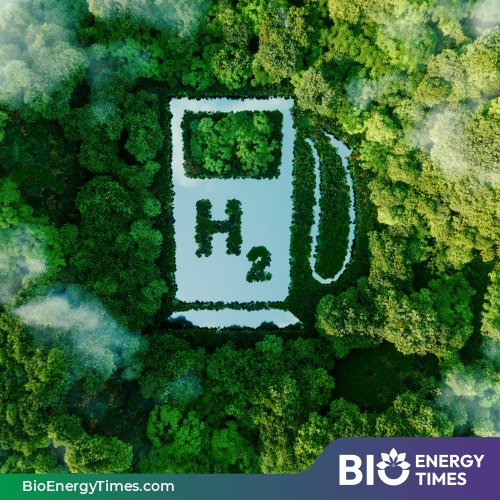The European Commission has approved a €900 million ($974 million) scheme by the French government to enhance the production of renewable hydrogen and biomass-based biofuels for industrial and transportation purposes.
Under this initiative, France plans to offer direct grants to cover part of the investment costs related to fuel production until the end of 2025. However, there is uncertainty about whether this €900 million state aid constitutes a single program or includes various auctions.
While specific details about the grants are yet to be revealed, EU regulations in the Temporary Crisis and Transition Framework specify that the maximum aid for any individual project cannot exceed 10% of the total available budget, which amounts to €90 million in this case.
Last year, the French government introduced initial plans for a €4 billion auction aimed at distributing operating grants to support the establishment of 1 gigawatt (GW) of electrolysis capacity by the end of 2026. The first auction, valued at €700 million, is scheduled for this year.
The draft rules for the auction allow participation from any electrolyser project powered by zero-carbon electricity sources, including nuclear power. This represents a departure from the previous requirement that only allowed renewables-based hydrogen production, meeting the EU’s definition of a renewable fuel of non-biological origin (RFNBO).
It is important to note that RFNBOs are crucial for meeting mandatory EU targets outlined in directives like the Renewable Energy Directive. This directive mandates that existing industrial hydrogen users must derive at least 42% of their hydrogen from renewable sources by 2030. Additionally, the ReFuelEU Aviation directive requires that 1.2% of all aviation fuel used by planes departing from EU airports in 2030 must be derived from synthetic kerosene produced from green hydrogen.















